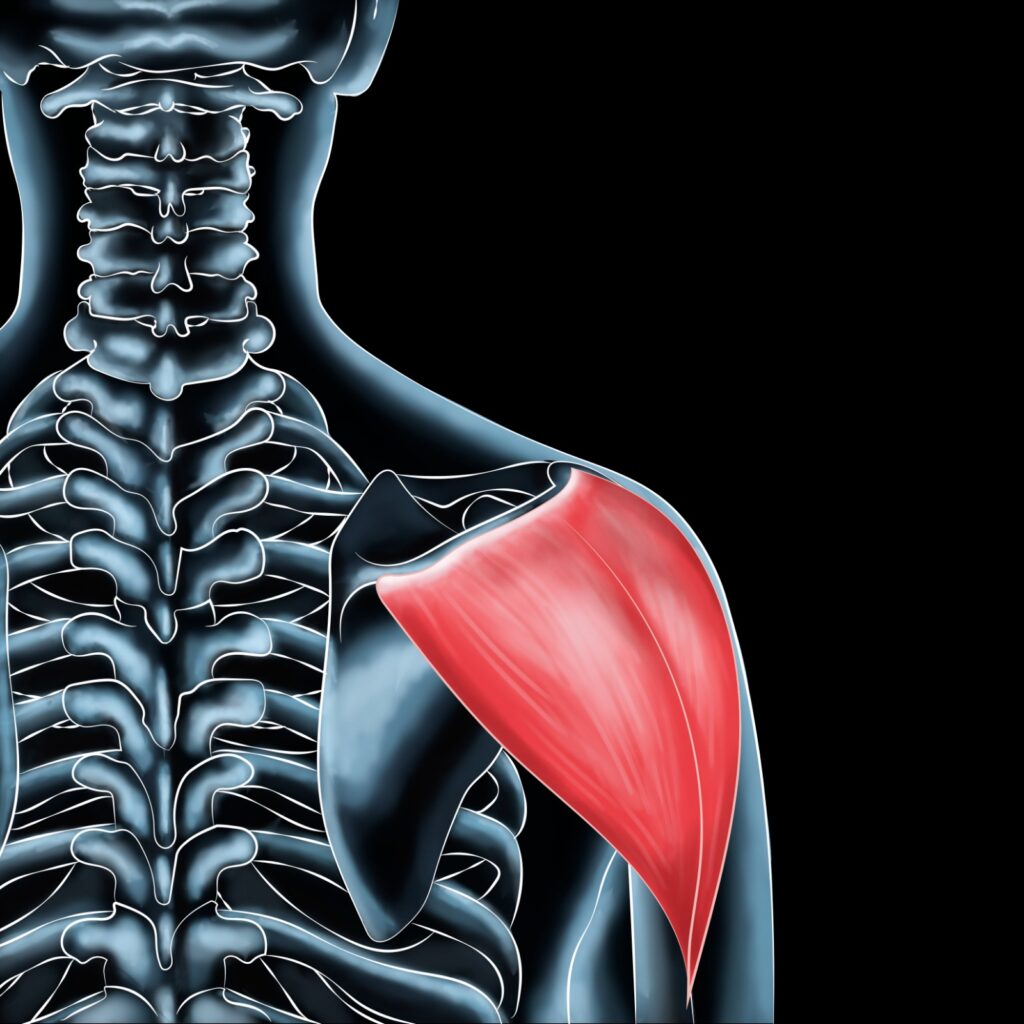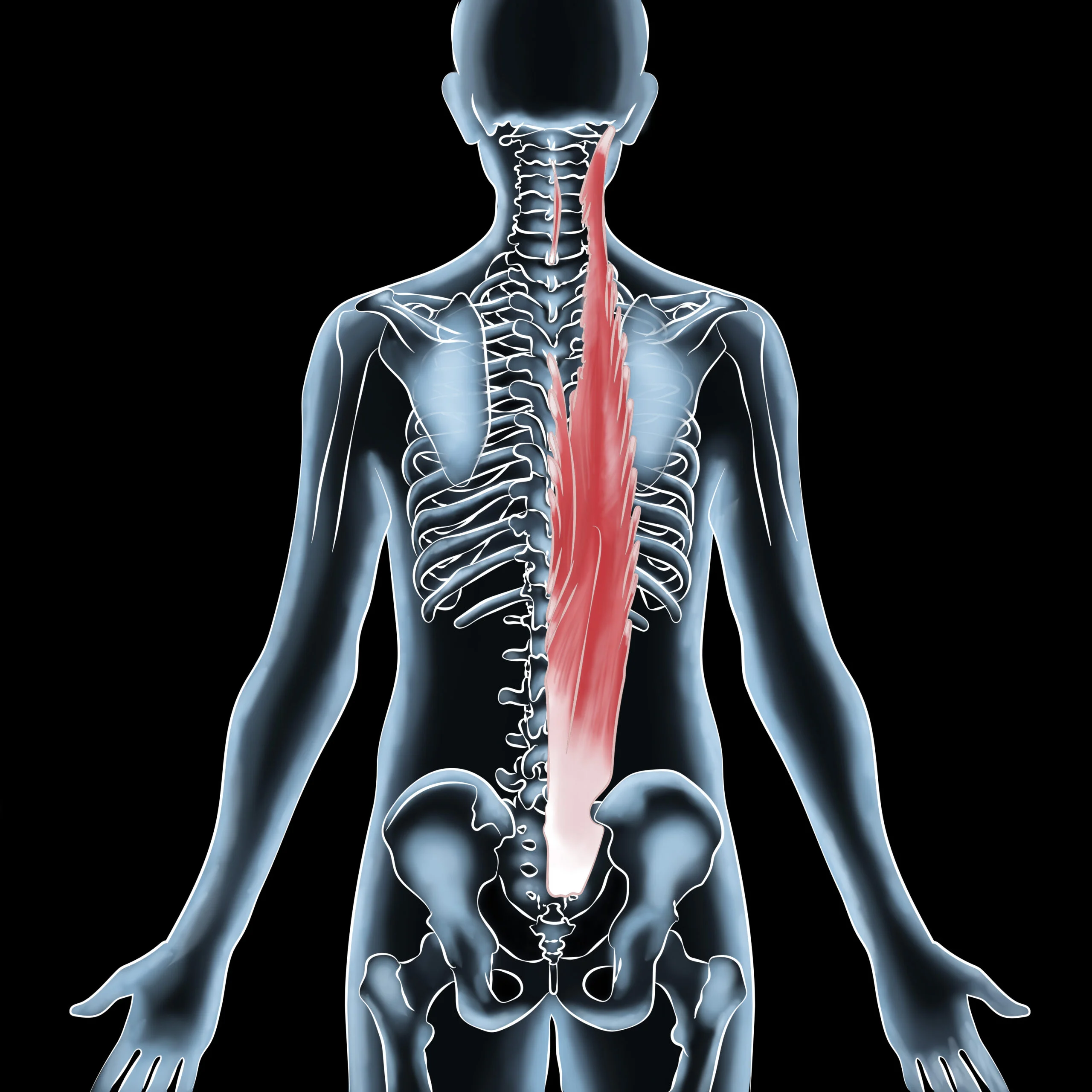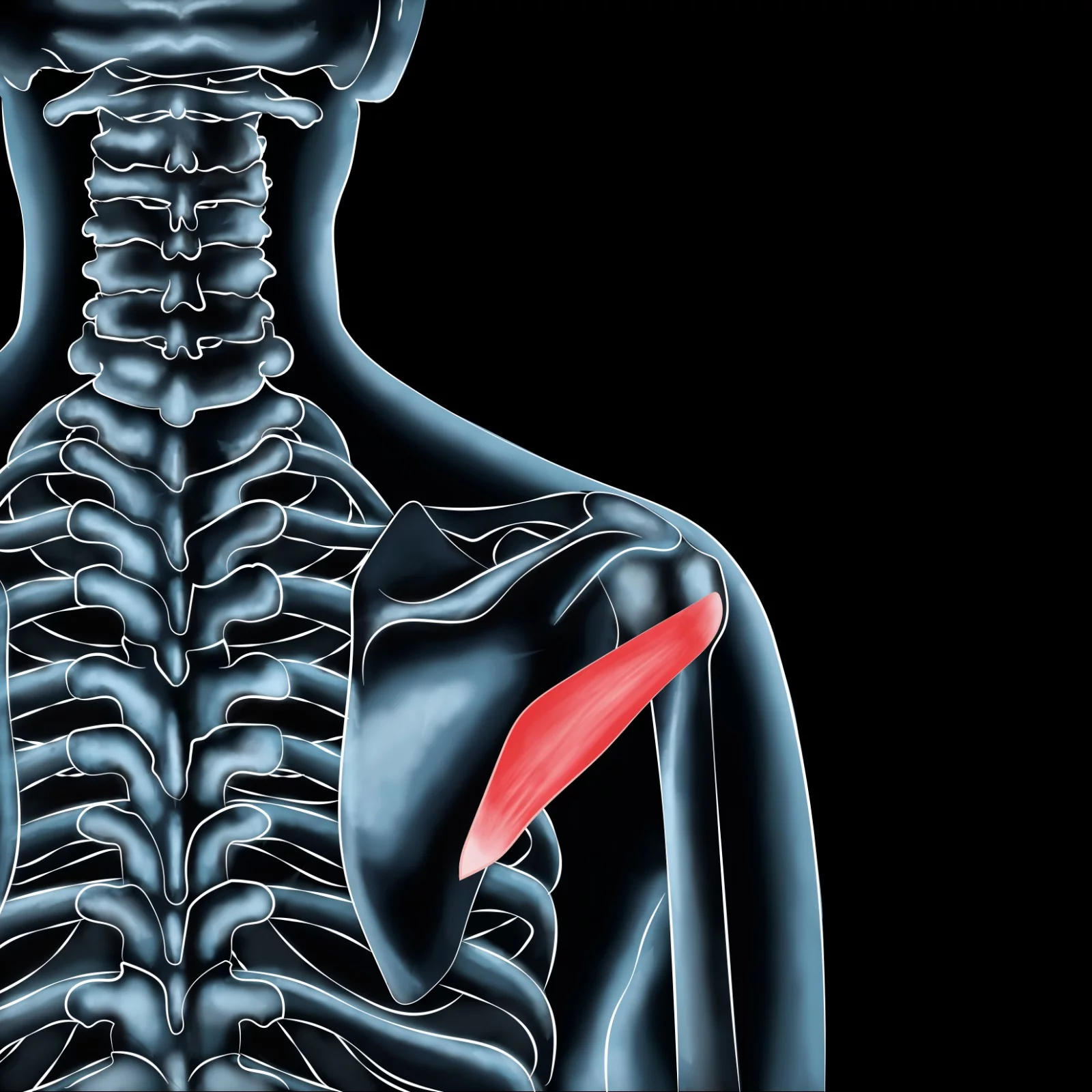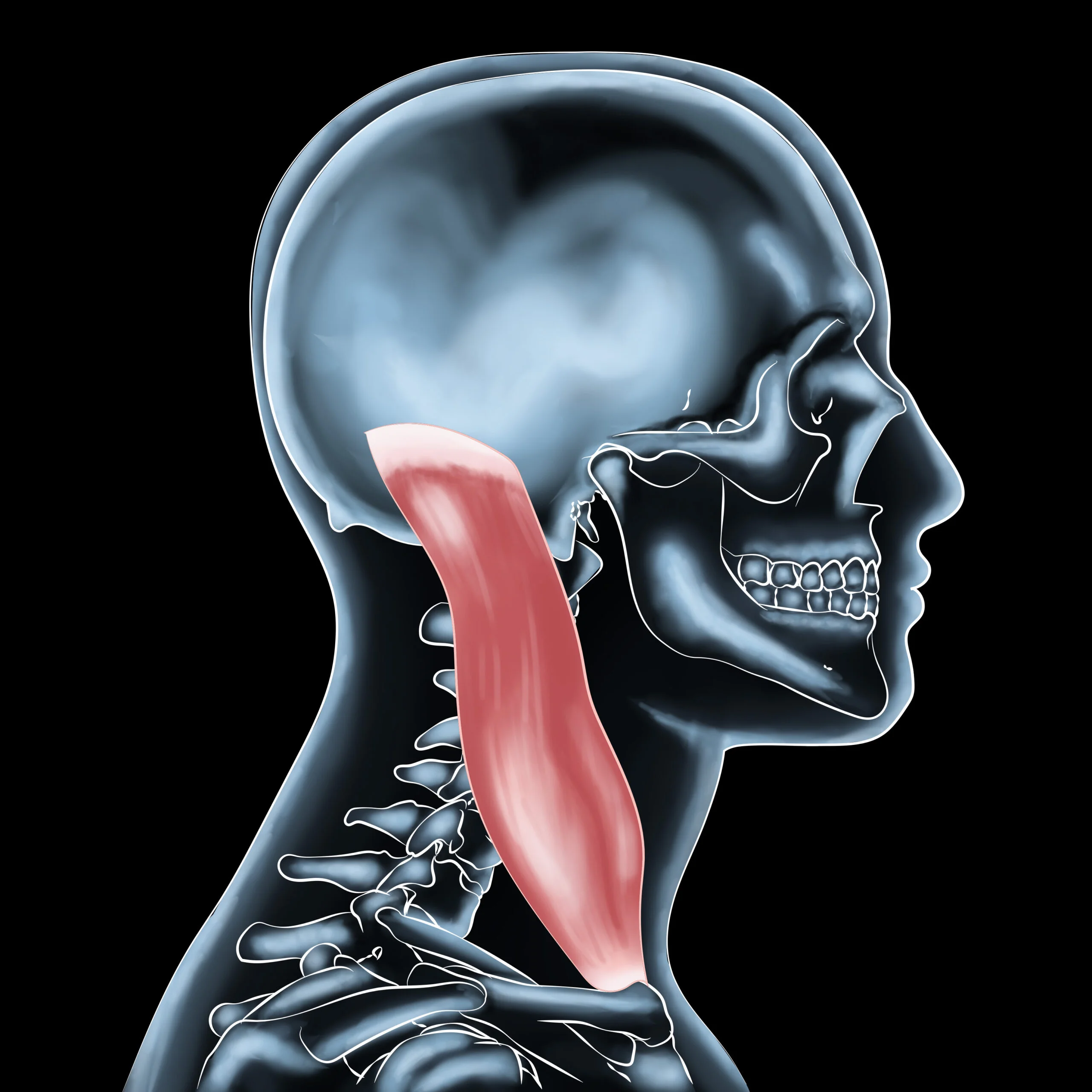The deltoid muscle is essential for shoulder mobility and strength, but injuries can lead to persistent pain and limited movement, especially for active individuals in Edmonton and Sherwood Park. Whether you’re an athlete, fitness enthusiast, or someone recovering from a strain, understanding how to properly treat and prevent deltoid muscle pain is key to maintaining optimal performance. This guide explores the causes, symptoms, and best treatments for deltoid strain, helping you regain strength and prevent future injuries.
Understanding the Deltoid Muscle and Its Function
The deltoid muscle is a large, triangular-shaped muscle covering the shoulder joint. It plays a crucial role in arm movement, providing strength and stability for activities like lifting, throwing, and rotating the arm. The deltoid muscle consists of three distinct sections:
- Anterior deltoid (front): Assists in flexing the shoulder and rotating the arm inward.
- Middle deltoid: Primarily responsible for lifting the arm to the side (abduction).
- Posterior deltoid (back): Aids in extending the arm backward and rotating it outward.
Whether you’re a weightlifter, runner, or weekend warrior in Edmonton and Sherwood Park, your deltoids play a significant role in upper body movement. Unfortunately, these muscles are prone to injuries, including deltoid strain and deltoid muscle pain, which can impact your performance and daily activities.

Common Causes of Deltoid Muscle Pain and Strain
A deltoid strain occurs when muscle fibers are overstretched or torn due to excessive use or trauma. Some common causes include:
- Overuse and repetitive movements – Common in athletes who engage in frequent overhead motions, such as swimmers, baseball players, and tennis players.
- Improper lifting techniques – Lifting heavy objects without proper shoulder alignment can strain the deltoid muscle.
- Sudden impact or trauma – Direct blows to the shoulder, often seen in contact sports, can cause muscle damage.
- Poor posture – Slouching or improper shoulder positioning can place excessive stress on the deltoid.
- Inadequate warm-up or stretching – Cold muscles are more prone to strains and injuries.
Recognizing these risk factors is crucial for preventing deltoid muscle pain and maintaining optimal shoulder health.
Signs and Symptoms of a Deltoid Muscle Strain
A deltoid strain can vary in severity, ranging from mild discomfort to significant pain and reduced mobility. Symptoms include:
- Localized shoulder pain that worsens with movement
- Muscle tenderness or swelling in the deltoid region
- Weakness when lifting or rotating the arm
- Bruising or discoloration in severe cases
- Limited range of motion due to stiffness or discomfort
If you’re experiencing persistent deltoid muscle pain, seeking professional treatment can help prevent further complications.
Effective Treatments for Deltoid Muscle Injuries
1. Rest and Activity Modification
Allowing your deltoid muscle time to heal is crucial. Reduce activities that strain the shoulder, such as heavy lifting and repetitive overhead movements. If necessary, modify your workout routine to include low-impact exercises that avoid excessive shoulder stress.
2. Ice and Heat Therapy
- Ice therapy: Apply an ice pack wrapped in a towel to the affected area for 15-20 minutes every few hours to reduce inflammation.
- Heat therapy: After the initial swelling subsides, use a heating pad or warm compress to relax tight muscles and improve circulation.
3. Therapeutic Massage
Massage therapy can help reduce muscle tightness, improve circulation, and speed up recovery. Therapeutic massage sessions at Athlete’s Choice Massage can target specific areas of pain and discomfort, helping you regain mobility faster.
4. Stretching and Strengthening Exercises
Incorporating stretches and strengthening exercises can prevent stiffness and enhance shoulder stability:
- Arm crossover stretch: Gently pull your arm across your chest to stretch the posterior deltoid.
- Doorway stretch: Stand in a doorway, place your hands on the frame, and lean forward to stretch the anterior deltoid.
- Resistance band exercises: Strengthen the deltoid muscle by performing shoulder abduction and rotation exercises with resistance bands.
5. Shockwave Therapy for Pain Relief
For persistent deltoid muscle pain, shockwave therapy can be an effective treatment option. This non-invasive therapy stimulates healing and reduces inflammation, accelerating muscle recovery.
6. Manual Osteopathy for Shoulder Alignment
Misalignment in the shoulder joint can contribute to deltoid strain. Manual osteopathy focuses on restoring balance and function through gentle manipulations, helping alleviate chronic shoulder pain.
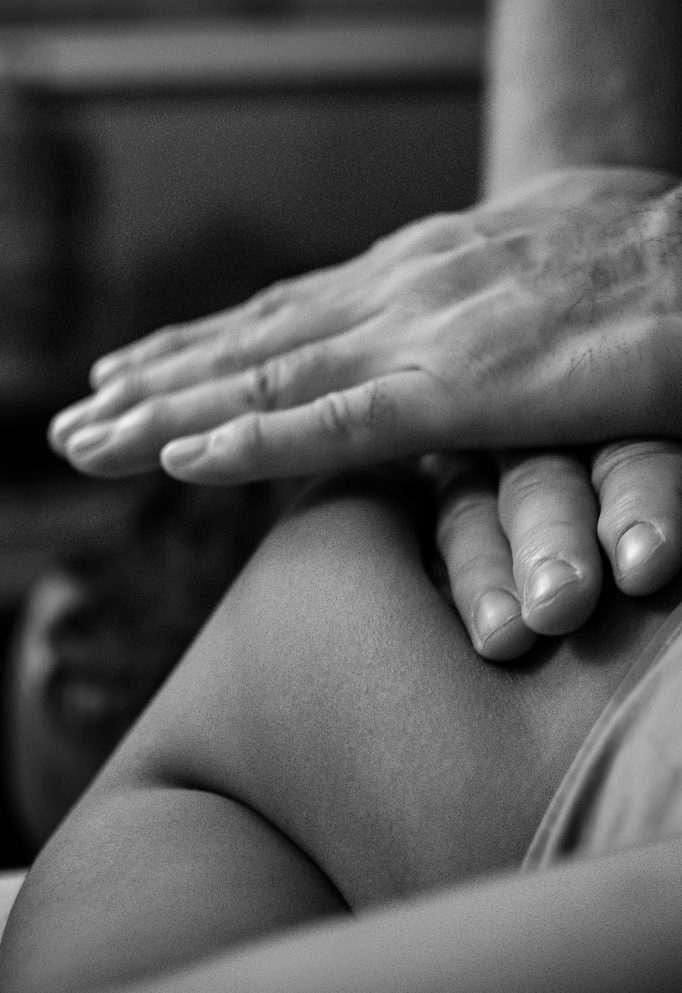
Recovery and Prevention Strategies
Once your deltoid strain has healed, maintaining shoulder health is essential to prevent re-injury. Follow these steps:
- Warm up before workouts to prepare your muscles for activity.
- Incorporate strength training to build shoulder stability.
- Practice proper posture when sitting, standing, and exercising.
- Use proper lifting techniques to avoid unnecessary strain.
- Schedule regular massage therapy to release muscle tension and maintain flexibility.
If you’re looking for professional care in Sherwood Park or Edmonton, visit Athlete’s Choice Massage to find effective treatment options tailored to active individuals.
Restoring Shoulder Strength for an Active Lifestyle
Don’t let deltoid muscle pain hold you back from enjoying your favorite activities. By recognizing early signs of injury, implementing effective treatment strategies, and prioritizing preventative care, you can maintain strong and healthy shoulders. Whether you need deep tissue work, sports massage, or advanced therapies like shockwave therapy, Athlete’s Choice Massage offers tailored solutions for your recovery.

